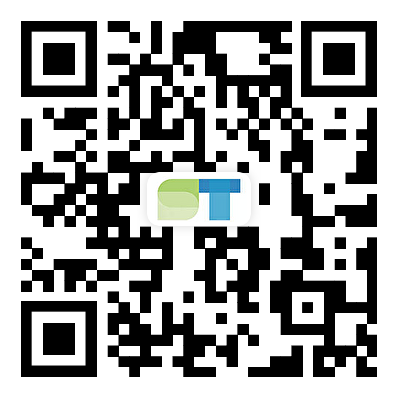The difference of smart water meter and ordinary water meter
2023-10-17
The main difference between a smart water meter and an ordinary water meter lies in their functionality and capabilities. Here are some key distinctions:
Measurement and Reading: Both smart water meters and ordinary water meters measure the amount of water flowing through a pipe. However, the way they record and transmit the data differs.
Ordinary water meters typically have mechanical mechanisms that measure water flow and use dials or numerical displays to indicate the consumption. The readings on ordinary water meters are typically manually recorded by a meter reader who visits the premises periodically.
Smart water meters, on the other hand, are equipped with electronic sensors and communication technologies that automatically measure and transmit water usage data. This allows for real-time or remote monitoring of water consumption without the need for physical meter reading.
Data Monitoring and Analysis: Smart water meters provide advanced data monitoring and analysis capabilities that go beyond simple measurement.
Smart water meters can collect detailed data on water usage patterns, including peak usage times, unusual usage patterns, and leaks. This data can be analyzed to identify trends, improve water management, and detect potential issues such as leaks or inefficient water usage.
Ordinary water meters do not offer this level of data monitoring and analysis. They provide basic measurement functionality but lack the ability to track and analyze detailed usage patterns or provide real-time information.
Communication and Connectivity: Smart water meters are designed to be connected to a network, enabling communication and data transmission.
Smart water meters utilize various communication technologies such as cellular networks, wireless networks (e.g., Wi-Fi), or dedicated communication systems (e.g., LoRaWAN). This allows the meter to transmit consumption data to a central server or utility company for monitoring and billing purposes.
Ordinary water meters do not have built-in communication capabilities. The data from ordinary water meters is typically recorded manually or read using mechanical devices during periodic inspections.
Efficiency and Accuracy: Smart water meters can provide more accurate and precise measurement of water consumption.
Smart water meters often have more advanced measurement mechanisms and digital sensors that offer higher accuracy in measuring water flow and consumption.
Ordinary water meters, while generally reliable, may have limitations in accuracy and precision due to mechanical wear and tear or other factors.
Remote Management and Control: Smart water meters allow for remote management and control of water supply.
Smart water meters can be integrated with software systems that enable remote shut-off or control of water supply, allowing utilities or consumers to manage water usage more effectively and address issues promptly.
Ordinary water meters do not have this remote management capability, and any adjustments or control of water supply require manual intervention.
Overall, smart water meters provide more advanced functionality, real-time data monitoring, and remote connectivity compared to ordinary water meters. They offer improved efficiency, accuracy, and the ability to identify and address water-related issues promptly.


